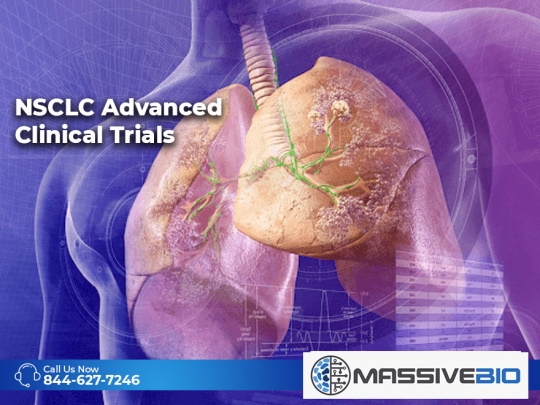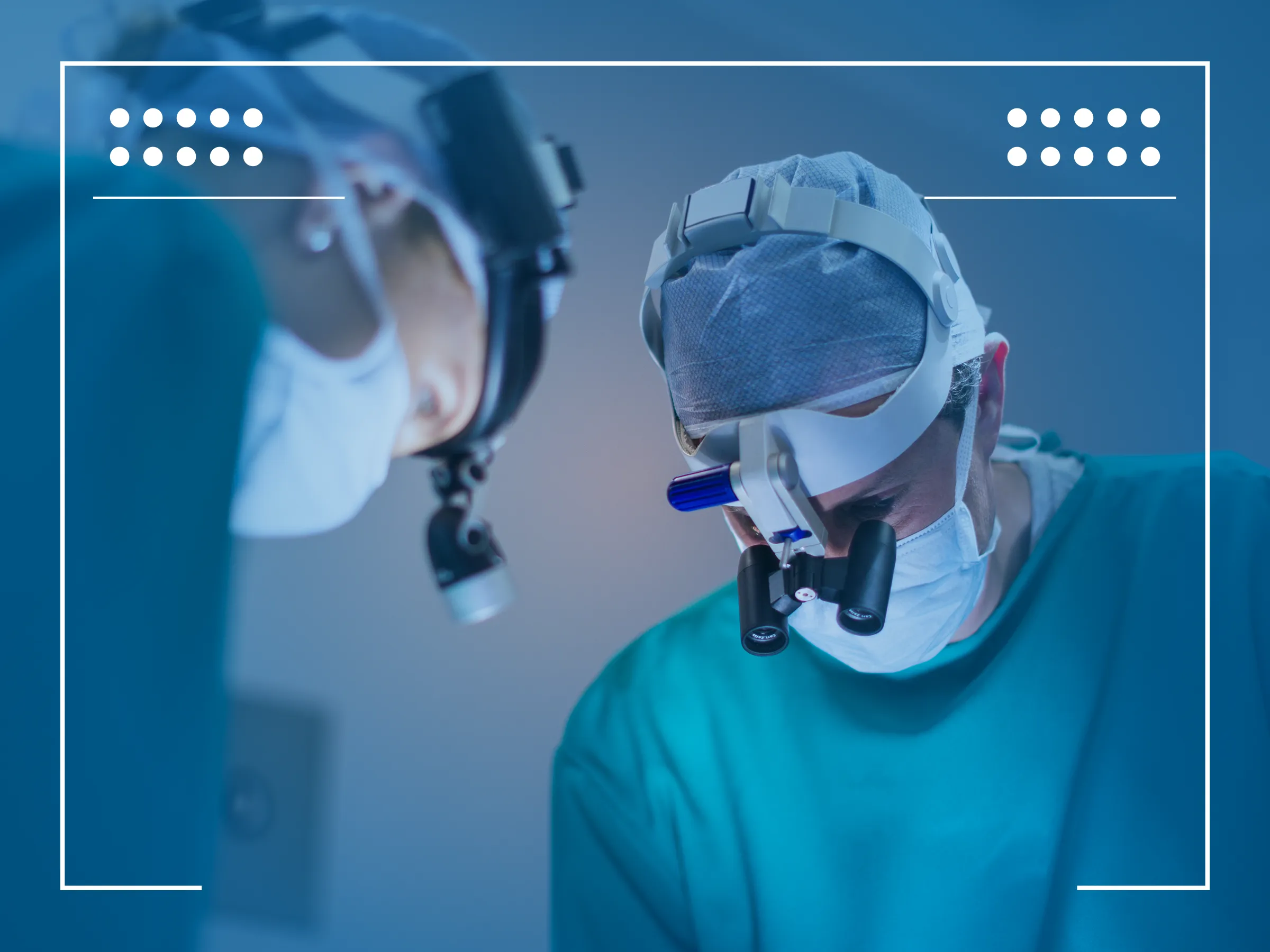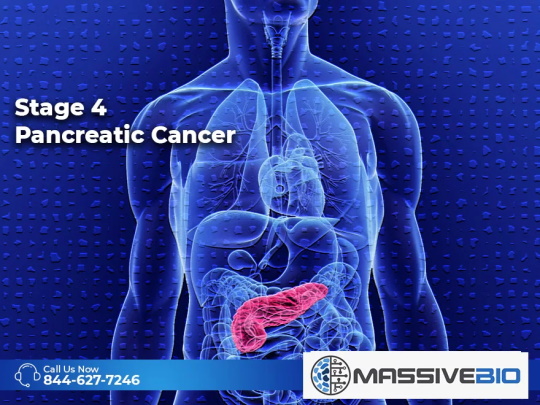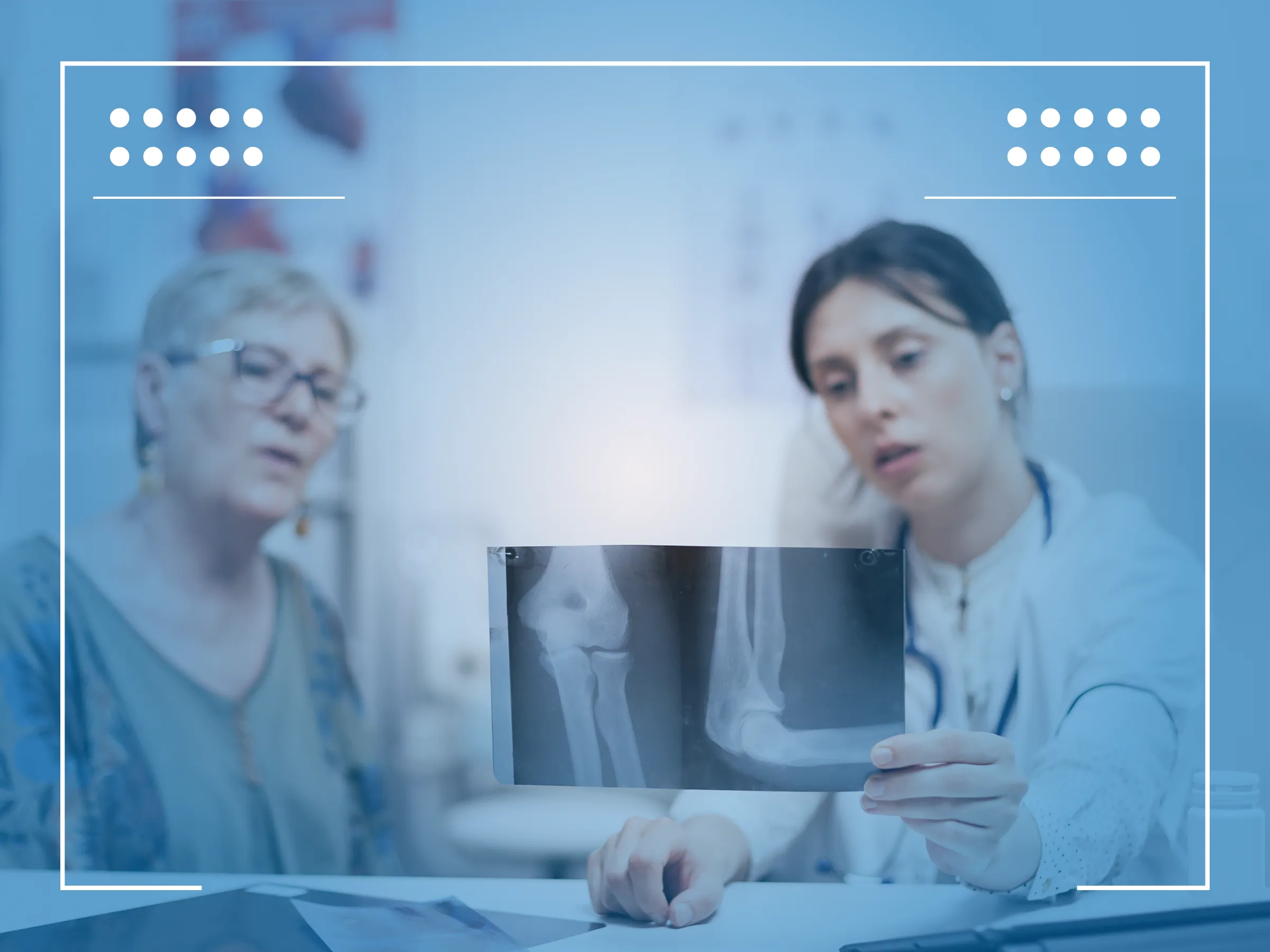NSCLC Advanced Clinical Trials are studies aimed at increasing the life span and quality of life of advanced Non-Small Cell Lung Cancer patients. In order to find innovative treatment or to improve existing treatments, scientists are continuously developing new methods.
NSCLC is the most common type of cancer. It constitutes 80% to 85% of lung cancers. Advanced stage is considered when the cancer metastasizes to organs and tissues near cancer cells. Unfortunately, the 5-year survival rate at this stage is 4.7%. NSCLC Advanced Clinical Trials offers an opportunity for patients to prolong their lifetime, improve symptoms, and halt the growth from the tumors.
What is NSCLC?
Non-small cell lung cancer (NSCLC) is a type of cancer that results from the uncontrolled reproduction of lung cells. Although it is the most common type of cancer, it is sometimes more difficult to diagnose. It tends to metastasize to other organs without the patient noticing. There are 4 different spreading phases called stages. The last of these stages is called Advanced stage NSCLC.
Advanced stage NSCLC is the last stage of the disease, also called stage 4. At this stage, it has metastasized to other organs, lymph nodes, or through the circulatory system. Treatment at this stage is very difficult and does not promise full recovery. It should be well understood that the purpose of treatment is to slow down the disease or suppress side effects. NSCLC advanced clinical trials try to develop new treatment methods for patients at this stage, including new molecules targeting NSCLC biomarkers found by genomic testing, such as EGFR, ROS, ALK, MET, BRAF, MET, RET, KRAS and others.
Risk Factors of NSCLS
There are some factors that affect a person’s chances of developing cancer. Although it is not clear whether these factors directly cause cancer, it is known to affect cancer development. The effect of these factors on cancer development varies from person to person. However, knowing and avoiding risk factors may decrease the chance of cancer, particularly in NSCLC.
- Tobacco and smoking: Smoking is the most common cancer risk. Tobacco smoke damages cells in the lungs. This causes cells to grow uncontrollably and abnormally. Even if the person does not smoke, exposure to cigarette smoke increases the risk of cancer.
- Asbestos Powder (Asbestos): People working in construction, mining and dusty environments may be exposed to asbestos dust. Asbestos dust are micro crystals found in rock and stone types. They are used as insulation materials in the construction industry. When asbestos fibers are inhaled, lung irritation occurs. People who work in areas where asbestos dust is dense are at high risk of developing NSCLC.
- Radon Gas: Radon gas is a natural gas that comes out of rocks. It has no color and odor. It can occur anywhere. It is thought to cause many types of cancer, including lung cancer.
- Genetic predisposition: In some people, the reproduction of cancer cells may develop depending on the genetic structure. NSCLC can occur in people who have never smoked or have never encountered other risk factors. In these cases, a person’s family history is checked.
- Other factors: Exposure to certain gases and chemicals may increase the chances of people developing cancer. People who work in environments with mines, exposed to arsenic, nickel and chromium, cooks exposed to coal smoke, workers who breathe the fumes from chemical detergents are at risk of cancer.
NSCLC Advanced Clinical Trials
Medical professionals and researchers are looking for ways to provide a better treatment for NSCLC patients. Patients who do not respond to the current treatment may be considered suitable for clinical trials. Some NSCLC Advanced Clinical Trials are focused in new molecules targeting NSCLC biomarkers, such as EGFR, ROS, ALK, MET, BRAF, MET, RET, KRAS and others.
If you need advanced clinical research, Massive Bio brings you together with doctors, researchers, and clinics that develop the treatment methods you need. By contacting us, you can learn research on your disease.












